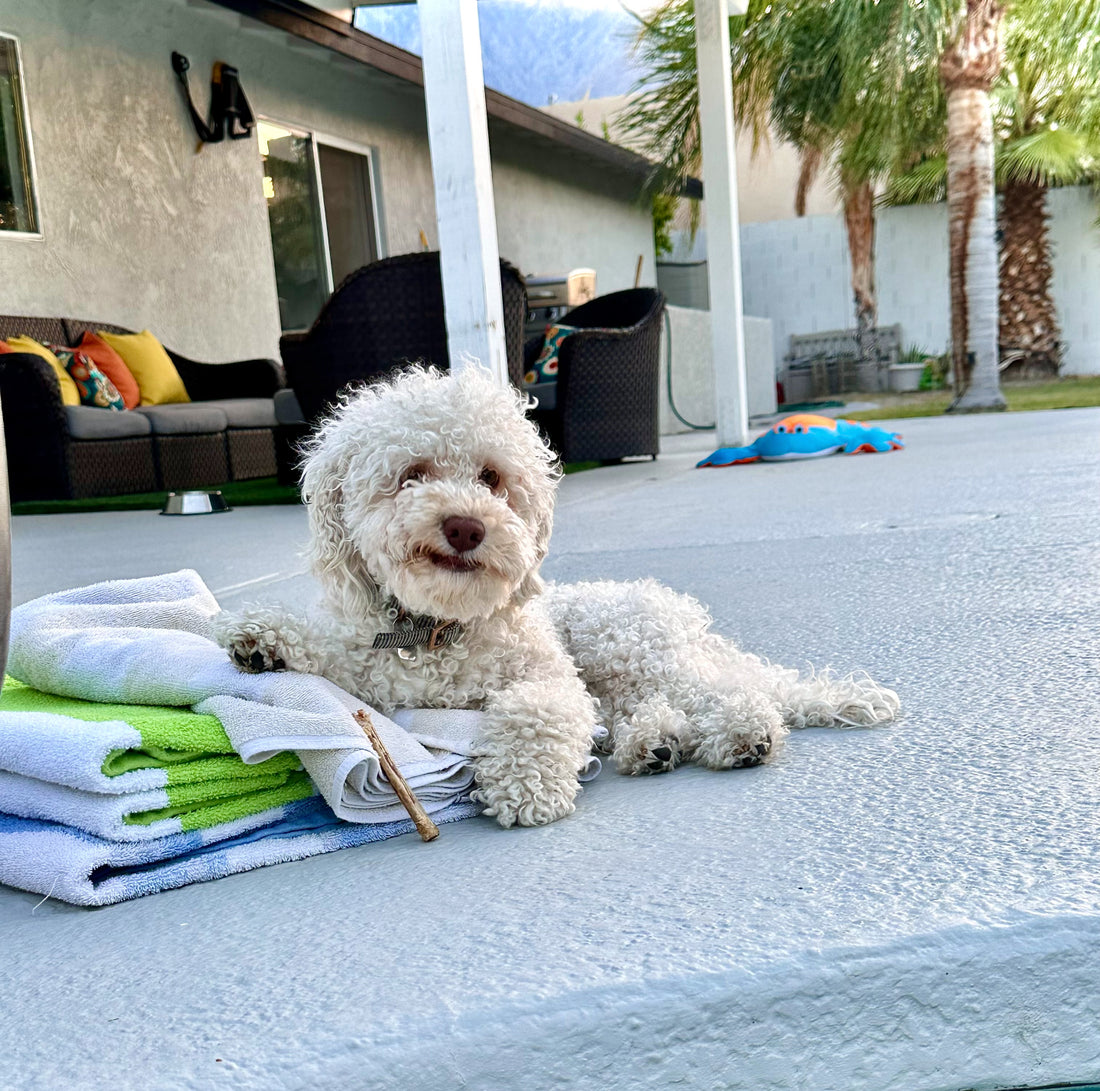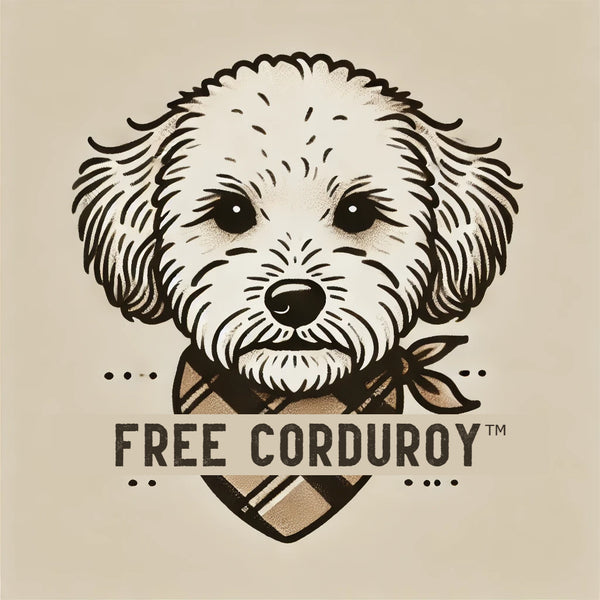
Adult Children of Alcoholics: Navigating Trauma and the Path to Healing
Share
According to a study by the CDC, in the US almost half of all children go through at least one adverse childhood event (ACE.) Whether real or percieved, adult children of alcoholics or verbally or physically abusive environments often carry unresolved trauma into adulthood.
We all know the phrase "You can choose your friends, but you can't choose your family." It's not uncommon to have a negative memory or two of our family live's growing up, but for Jacob these were deep emotional scars.
In 2021 Jacob left his inpatient rehab program at Driftwood Recovery in Austin, TX and asked me if I would be his support system when he came home. Rehab and recovery is a deeply personal and intimate journey, and I felt honored that he trusted me to walk down that path with him.
As Jacob shared his stories and the lessons he gained through recovery, I realized how common the experience of being an adult child of an alcoholic (ACoA) truly is, impacting many on their journeys of self-discovery and healing. Though I didn't share his childhood experiences, I found myself reflecting and learning about the healing process alongside him.
For the next 3 years we spent helping each other heal and evolve and, Jacob’s insights became guideposts for anyone working to understand the far-reaching effects of childhood trauma and what it means to finally begin the work of recovery.
Adult Children of Alcoholics: Understanding the Trauma
Growing up in a household impacted by alcoholism shapes a child’s emotional development. In those formative years, children may experience neglect, unpredictable behavior, or even violence, all of which contribute to an ongoing state of hyper-vigilance and anxiety. According to the National Association for Children of Addiction, ACoAs are four times more likely to struggle with substance abuse themselves and often experience feelings of guilt, responsibility for others, and difficulty trusting people (Frontiers). This hits home for me when I think of Jacob’s stories and his deep rooted need to feel safe and secure in a family unit.
Jacob often spoke about how at an early age, he learned to interpret the emotional undercurrents of any room, even before a single word was spoken. That hyper-awareness became exhausting as he grew older, manifesting in relationship difficulties, anxiety, and an inability to trust people or relax fully. It was only when he entered therapy that he understood how deeply this trauma was ingrained and how much it influenced his adult life.
The Journey of Unlearning
In rehabilitation, Jacob embraced the work of unlearning these survival strategies. It was like he discovered a super power he never knew he had.
One of the most powerful concepts he shared with me was the importance of self-compassion and forgiveness, especially when it came to patterns he developed as a child. Adult children of alcoholics often internalize the idea that they are flawed or unworthy of love. Therapy, group sessions, and support networks like Al-Anon provide a crucial space to challenge these beliefs.
Jacob’s rehabilitation program emphasized the 12 Steps and cognitive-behavioral therapy, but it was also a journey of rediscovering his own value. He learned to acknowledge that his desire to be perfect or never disappoint anyone was born from a place of survival. This resonated with me, especially as he recounted the power of finally naming his trauma and releasing the shame that came with it.
Finding Safety and Comfort
One of the most healing experiences for Jacob during his recovery was his bond with bond with Corduroy and having a safe "family home" to retreat to with her. Corduroy became more than a companion—she was a symbol of safety, loyalty, and unconditional love. Animals like Corduroy provide emotional support that cannot be understated, especially for those who grew up feeling unsafe or unloved.
Jacob would often tell me that Corduroy’s presence calmed the whirlwind in his mind, grounding him in the present and offering the solace he had long been denied as a child.
Studies support what Jacob felt: therapy animals provide measurable benefits for those coping with trauma. According to a report in Frontiers in Psychology, therapy dogs have been shown to decrease anxiety and enhance feelings of well-being (source). For Jacob, Corduroy’s gentle, unwavering companionship was a daily reminder that unconditional love exists, and he was deserving of it.
Lessons That Endure
One of the last, deeply emotional conversations we had before Jacob’s passing centered around breaking the cycle.
“The cycle of trauma doesn’t have to define us,” he said, with Corduroy resting her head in his lap. “We are worthy of peace and love, even when we struggle to believe it.”
These words stuck with me, and in the months since his passing, I’ve found comfort in honoring his legacy and sharing these lessons with others.
Adult children of alcoholics and others who carry the heavy burden of unresolved trauma, as Jacob taught me, are able to lay that burden down.
It starts with acknowledging the trauma, understanding how it shaped us, and taking steps toward healing. And for Jacob, part of that healing was found in the wagging tail and warm eyes of a dog who loved him unconditionally.
To learn more about the challenges faced by adult children of alcoholics and find resources for support, organizations like Adult Children of Alcoholics & Dysfunctional Families (ACoA) offer guidance, support, and community.
Jacob’s legacy is a reminder that healing is not linear, but it is worth every step. And perhaps, in some ways, Corduroy continues to represent the love, loyalty, and second chances we all deserve.
Please visit www.FreeCorduroy.com to learn more about Jacob’s story, our fight for Corduroy, and how you can help us raise awareness for those in need of support.


